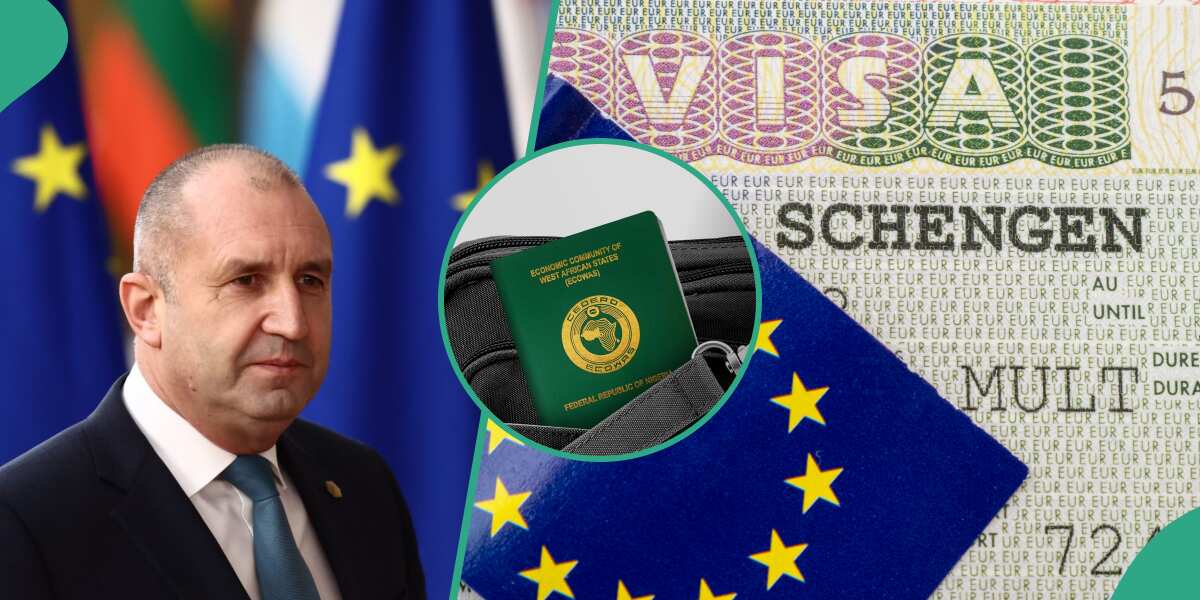The European Union (EU) has recently announced an increase in Schengen visa fees for African travelers, including Nigerian nationals. Starting from Tuesday, June 11, 2024, the visa application cost will rise from €80 to €90, putting an additional financial burden on individuals wishing to enter the EU. This move comes as a result of the EU’s efforts to manage the significant number of rejected visa applications and the associated costs incurred. While the EU aims to streamline the visa process, these changes will undoubtedly impact African travelers, who already face multiple challenges in obtaining visas.
Visa rejections have been a longstanding issue for African travelers, with high application rates and financial implications at stake. The rejection rates for visa applications from African and Asian countries have been disproportionately high compared to other regions. In 2023 alone, there were 704,000 refusals of visa applications by African nationals, resulting in €56.3 million in non-refundable fees. This places a significant burden on African travelers, considering that many of these nations have some of the lowest wages in the world.
The increase in Schengen visa fees will have a direct impact on African travelers’ finances. With the majority of African nations having low wages, the additional cost of visa applications further strains their economic resources. The €10 increase may seem nominal to some, but for many African travelers, it represents a considerable portion of their income. This financial strain makes it even more challenging for individuals to pursue travel opportunities within the EU.
African citizens will bear the brunt of these increased fees, as they constitute a significant portion of the rejected visa applications. In 2023, African nationals accounted for 43.1% of the total amount generated by rejected applications. This disproportionate impact highlights the need for a more inclusive and fair visa application process that takes into account the economic disparities faced by African countries.
The EU’s decision to raise visa fees for African travelers raises questions about the fairness and accessibility of the visa application process. It is crucial for stakeholders to come together and find ways to address these challenges. This includes exploring options for reducing visa rejection rates, improving transparency in the application process, and considering alternative solutions that promote tourism and business opportunities between Africa and the EU.
The increase in Schengen visa fees for African travelers poses significant challenges for individuals seeking to visit the EU. The financial burden, coupled with already high visa rejection rates, adds to the existing difficulties faced by African travelers. It is imperative for the EU and African nations to engage in constructive dialogue and work towards a more equitable and accessible visa application process. By fostering collaboration and finding innovative solutions, both parties can ensure that travel between Africa and the EU becomes more inclusive and beneficial for all.






